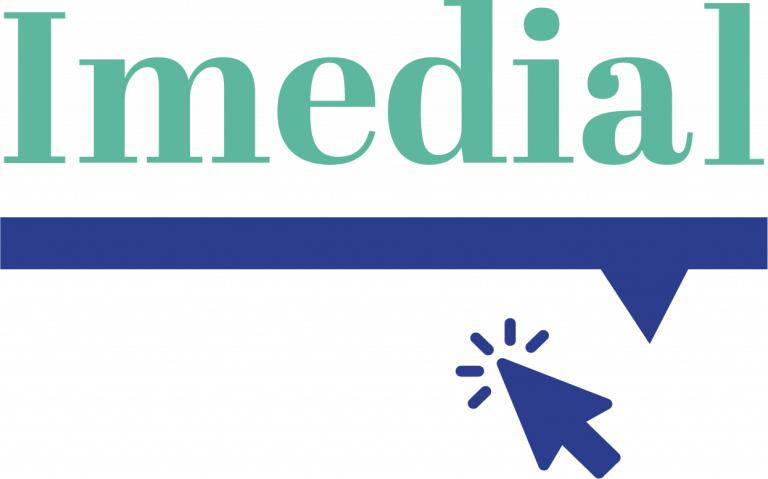Project number: 2020-1-RO01-KA204-079798
Project description:
Media literacy is a “catchy” term nowadays but not much of ground-work is done to support the ability for conscious consumption of media-distributed messages among adults. This was stated during one of the gatherings of EC body, Media Literacy Expert Group. “Media literacy” is defined by MLEG as umbrella expression including all technical, cognitive, social, civic and creative capacities that allow a citizen to access the media, have critical understanding and to interact with it. All these capacities enable citizens to participate in economic, social and cultural aspects of society and play active role in democratic processes. MLEG in June 2018 summarised the research carried out among EU citizens and concluded that there is a “need for strengthening efforts in increasing media literacy at all levels”. A. Hellman, Deputy Head of MLEG, after listing a few initiatives, concluded “But this is not enough” and one recommendation was to “provide educational material to educators”. Adult educators acting on behalf of learners as part of civil society need to learn how to recognise, analyse and explain to their learners key terms and ideas for understanding disinformation with media literacy principles.
Objectives
The IMEDIAL project aims to increase the MEDIA literacy skills of adults to combat misinformation, false news and cyber aggression.
Project objectives are:
- Expanding and developing the skills and competencies of media education of adult educators in the effective teaching of these skills (especially those working with disadvantaged students);
- Increasing the media literacy skills of adult learners (especially disadvantaged).
Target groups:
- Adult educators especially those that work in non-formal education settings, adult education centres, social centres, NGOs, associations and freelancers working with disadvantaged learners;
- Learners from disadvantaged groups, including persons with low skills and with lower level qualifications, with low income, from remote areas; unemployed, women, immigrants.
Intellectual Outputs:
IO1 – IMEDIAL workbook
The workbook will include methodology ,materials ,examples, exercises, tests revealing the techniques used by media creators and helping the educators to achieve the goal of the trainings – to let participants enter the world of reading and understanding various information communicated by different media.
IO2 – IMEDIAL cards
The cards will be physical cards containing concrete activities/exercises – instructions for educator. The cards will be a set of activities where each of them will be visualized on a physical card containing the following elements: Name of the activity, Description, Tips, Duration, Materials needed to implement the activity . The cards will also have the category depicted and colour associated with that category (different for each category). There will be 5 categories: ice-breakers, written text analysis, visual content analysis, multimedia content analysis, reflections.
IO3 – IMEDIAL mobile APP
The mobile APP will be a mobile application that will serve as a useful tool for adult educators and participants of their workshops by providing means to deliver the IMEDIAL cards to both groups.
The APP will therefore contain 2 types of cards:
- cards for educators – digital version of cards,
- cards for learners – with materials/resources (pictures, texts, video, etc.) to be used during workshops.
Having the IMEDIAL mobile APP will enable adult educators to deliver workshops in a modern way.
Project website: https://imedial.erasmus.site/
Project partners:
- Arad Development Centre (CDA) – Project Coordinator
- Centrum Wspierania Edukacji i Przedsiębiorczości
- E&D Knowledge Consulting
- LABC
- CONSORZIO MATERAHUB INDUSTRIE CULTURALI E CREATIVE
- VALENCIA INNO HUB
- Center for Social Innovation (CSI)


